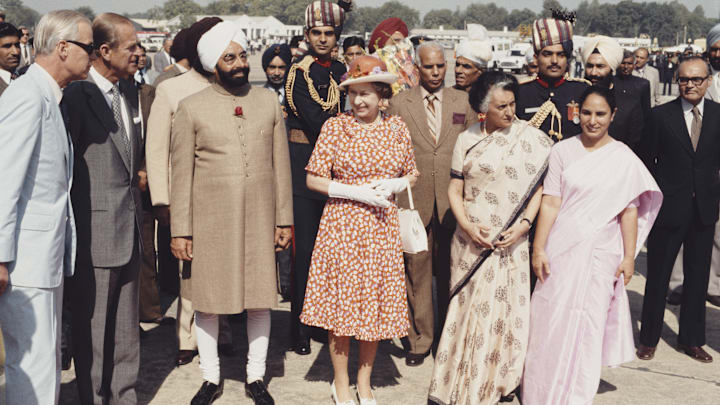The Development of the British Empire

The origins of the British Empire can be traced to the Age of Exploration in the late 15th and early 16th centuries. During this period, European nations, including England, embarked on voyages of discovery in search of new trade routes, wealth, and territories. The establishment of the English East India Company in 1600 marked a significant milestone in the development of the British Empire. The company played a crucial role in expanding British trade and influence in Asia, particularly in India.
The 17th century saw the expansion of British colonial holdings in the Americas and the Caribbean. The establishment of settlements in Virginia, Massachusetts, and other parts of North America laid the foundation for the development of the Thirteen Colonies. The cultivation of cash crops such as tobacco and sugar in the Caribbean islands, including Barbados and Jamaica, fueled the growth of the British economy. The transatlantic slave trade, which provided the labor force for these plantations, was a brutal and inhumane aspect of the empire's development.
The 18th century was marked by the consolidation and expansion of British colonial territories. The Seven Years' War (1756-1763), which pitted Britain against France, resulted in significant territorial gains for the British, including Canada and India. The Treaty of Paris in 1763 solidified Britain's position as a dominant colonial power. However, the American Revolutionary War (1775-1783) led to the loss of the Thirteen Colonies, a significant setback for the empire.
Despite this loss, the British Empire continued to expand in other regions. The 19th century was a period of rapid imperial expansion, often referred to as the "Imperial Century." The British established control over vast territories in Africa, Asia, and the Pacific. The acquisition of territories such as Australia, New Zealand, and large parts of Africa, including Egypt and South Africa, extended the empire's reach across the globe.
The British Empire's development was closely tied to its economic interests. The Industrial Revolution, which began in Britain in the late 18th century, fueled the demand for raw materials and new markets for British manufactured goods. The empire's colonies provided valuable resources such as cotton, tea, rubber, and minerals, which were essential for British industry. The development of a global trade network, facilitated by the Royal Navy's control of the seas, ensured the flow of goods and wealth to the metropole.
The governance of the British Empire evolved over time, with varying degrees of control and autonomy in different colonies. Some colonies, such as Canada and Australia, were granted self-governing status, while others, particularly in Africa and Asia, were ruled more directly by British administrators. The establishment of the British Raj in India in 1858, following the Indian Rebellion of 1857, marked the beginning of direct British rule over the subcontinent.
The British Empire also had significant cultural and social impacts on both the colonies and the metropole. The spread of the English language, British legal and educational systems, and Western cultural practices influenced societies across the empire. Conversely, the empire facilitated the exchange of ideas, cultures, and peoples, contributing to the development of a multicultural British society.
The decline of the British Empire began in the early 20th century, accelerated by the two World Wars and the growing demands for independence in the colonies. The process of decolonization, which began in earnest after World War II, saw the gradual dissolution of the empire. The independence of India and Pakistan in 1947 marked a significant turning point, followed by the independence of numerous African and Caribbean nations in the 1950s and 1960s.
In conclusion, the development of the British Empire was a complex and multifaceted process that involved exploration, colonization, economic exploitation, and military conquest. The empire's impact on the world was profound, influencing global trade, culture, and politics. The legacy of the British Empire continues to shape contemporary international relations and the cultural landscapes of former colonies and the United Kingdom itself.